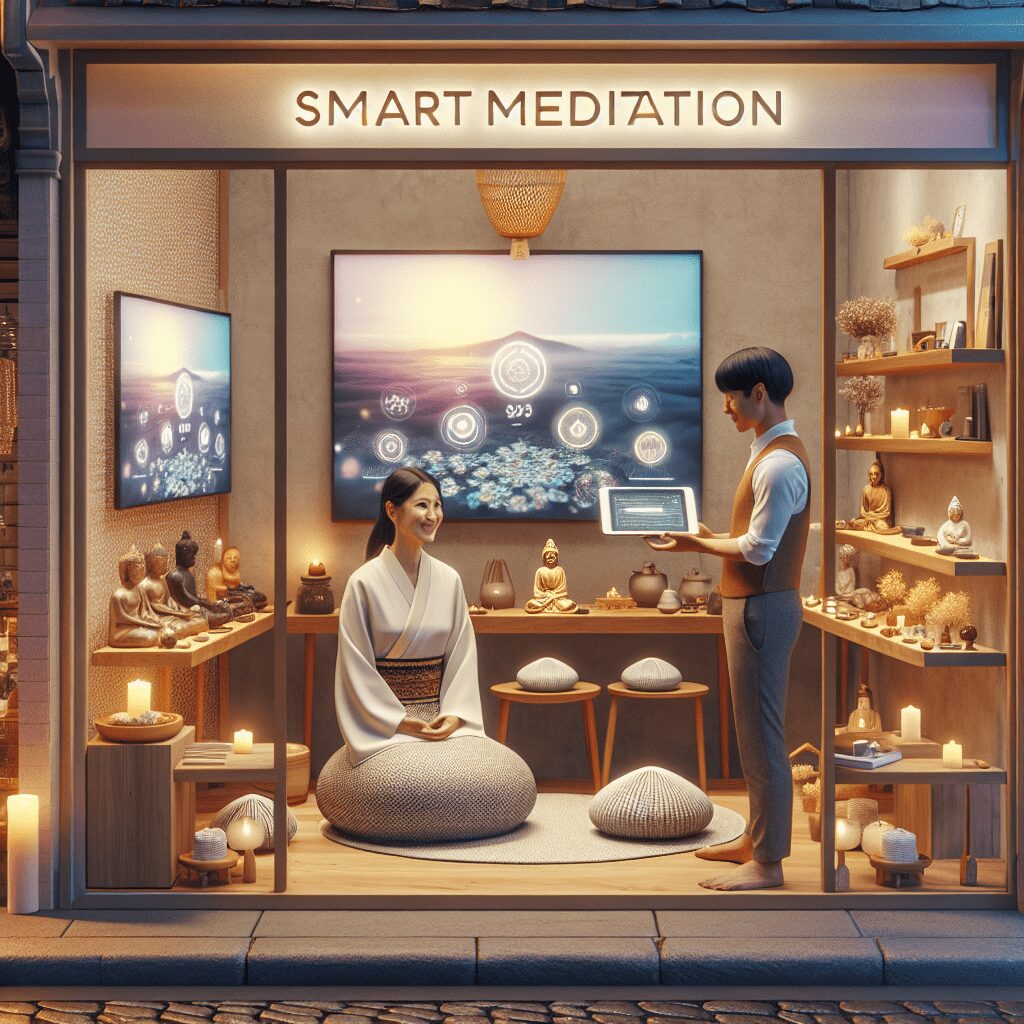
Prioritize your mental well-being daily. Enhance your life by nurturing your mental health with the Smart Meditation app. Break free from stress, alleviate anxiety, and enhance your sleep quality starting today.
How Does Alcohol Interfere With Antidepressants?
The Unexpected Dance: Alcohol Meets Antidepressants
Imagine you’re at a salsa night, and there’s that one couple on the dance floor – you know, the one that’s just not syncing up? One’s doing a tango, the other’s all about the cha-cha. That’s pretty much what happens when alcohol crashes the antidepressant party in your brain. It’s not just that they dance to different tunes; it’s that alcohol basically trips up antidepressants mid-step, making them a lot less effective.
Why Mixing Alcohol and Antidepressants Is a No-Go
The Effect on Your Mood and Mind
First off, let’s clarify something: antidepressants and alcohol do the brain boogie on very different dance floors. Antidepressants are there to balance your neurotransmitters, those tiny messengers in your brain that affect mood, emotions, and thought processes. Alcohol, on the other hand, is like the party crasher that messes with the DJ’s equipment – it affects the same neurotransmitters but in a way that ultimately lowers your mood and cognitive functions.
Ever noticed how a couple of drinks might make you feel more relaxed or even euphoric, but then, the next day, you’re in a funk? That’s because alcohol is a depressant. So, if you’re popping antidepressants to keep the dark clouds at bay and then you down a few drinks, you’re essentially asking the sun to shine while raining on your own parade.
The Ripple Effects on Medication Efficacy
But wait, there’s more. It’s not just about the mood swing merry-go-round; alcohol also tinkers with how your body metabolizes antidepressants. This can mean anything from your meds not working as well to them pooling up in your system because your liver’s too busy dealing with the booze to properly process both. This can lead to increased side effects or, paradoxically, decreased effectiveness of your medication. It’s a bit like trying to drive with one foot on the gas and the other on the brake – you’re not going to get anywhere fast, and it’s definitely not good for the car.
The Direct Impact on Side Effects
And the plot thickens! Many antidepressants have side effects like drowsiness, dizziness, or even issues with coordination. Throw alcohol into the mix, and it’s not just a double whammy; it’s like throwing oil on a slippery slope. You might find yourself more impaired than you’d expect, increasing the risk of accidents, poor judgment calls, or even just making the whole next day a write-off.
Navigating the Waters Safely
So, what’s the takeaway for anyone navigating the stormy seas of depression with antidepressants as a lifeline? First and foremost, having an open dialogue with your doctor or psychiatrist is key. They’re not just there to prescribe meds and send you on your way; think of them as your navigator, helping you chart a course through the choppy waters of mental health.
If avoiding alcohol entirely sounds like a tall order, it’s crucial at least to understand the potential implications and make informed choices. Moderation is the watchword and knowing your own body’s response can help you avoid the worst of the tempest.
In the end, while we all like to think we can handle a bit of multitasking, when it comes to mixing antidepressants and alcohol, it’s clear that this particular combination can lead to some unintended detours on the road to recovery. So, perhaps it’s worth considering whether that extra drink is really worth the trip.




